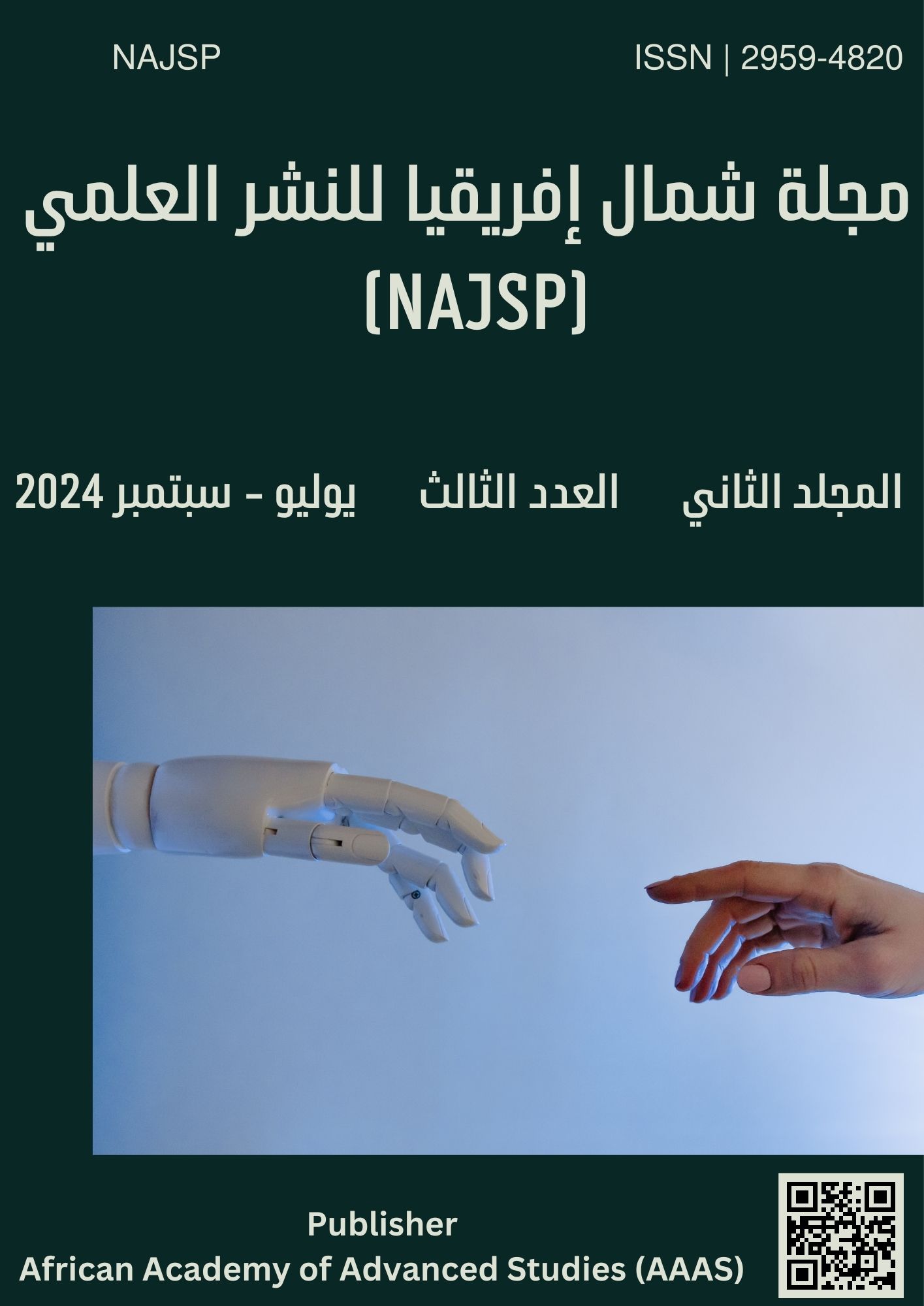The Role of Artificial Intelligence in Autonomous Drone Navigation and Decision-Making
DOI:
https://doi.org/10.65414/najsp.v2i3.220الكلمات المفتاحية:
Artificial Intelligence, Autonomous Drones, Machine Learning, Sensor Fusion, Navigation, Decision-Making, Environmental Impactالملخص
Improving the autonomous drones' capabilities changes the way drones navigate and make decisions. This paper elaborates on the colossal role that AI has availed drones in executing these complex tasks autonomously with highly accurate precision. Thus, by employing machine learning algorithms, computer vision, and advanced sensor-fusion techniques, drones are groomed to navigate through complex environments, make on-the-fly decisions, and maximize performance. The paper briefly presents AI-based drone technologies, their components in the form of perception and sensing, localization and mapping, path planning, and their use in the domains of agriculture, search, and rescue, infrastructure inspection, delivery services, and surveillance. Hence, problems to solve include technical challenges, safety and security of the system, regulatory and ethical issues, and environmental concerns. Therefore, the paper concludes that current AI research and collaboration should continue to be scored to ensure the opportunities that the use of AI-powered autonomous drones presents.
التنزيلات
منشور
كيفية الاقتباس
إصدار
القسم
الرخصة
الحقوق الفكرية (c) 2024 Mustafa Abdulrahman Elkhenfas, Mohamed M. Salem Sefrita

هذا العمل مرخص بموجب Creative Commons Attribution 4.0 International License.







